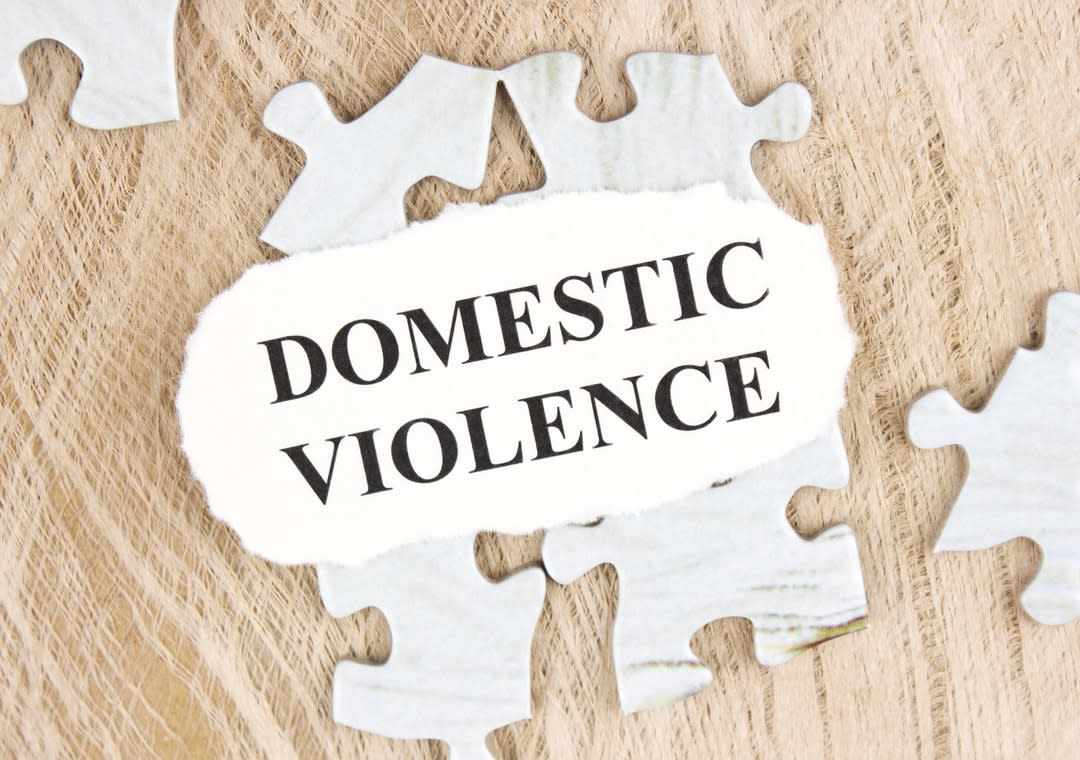
The brutal killing of 11-year-old Luke Batty in 2014 by his estranged father sparked a wave of community and government attention to family violence. Luke’s mother, Rosie, was named Australian of the Year in 2015 for raising awareness about domestic violence and her advocacy for social change.
The coronial Inquest into Luke’s death found that family violence risk information was not shared between and within the child protection, police and justice systems. The coroner recommended that the Victorian Privacy Commission should remove all legislative and policy impediments to sharing important information about people at risk of family violence with relevant people and agencies.
In the wake of Luke’s killing, the Andrews government established the Royal Commission into Family Violence. Echoing the coroner’s findings, the commission found that family violence risk information wasn’t being shared effectively between organisations, with the potential for catastrophic consequences for those experiencing family violence.
The royal commission recommended the establishment of the Family Violence Information Sharing Scheme, which it considered a critical reform.
Sharing information about risk within and between organisations is crucial to keep victims safe. It is necessary for assessing risk to a victim’s safety, preventing or reducing the risk of further harm, and keeping perpetrators "in view" and accountable.

The royal commission’s recommendation was implemented with the establishment of a legislatively mandated Family Violence Information Scheme (FVISS) in 2018. The scheme shifts the emphasis away from privacy to a duty of care in cases of family violence risk information. The scheme aims to better identify, assess and manage the risks to adult and child victim/survivor safety, prevent and reduce the risk of harm, more effectively keep perpetrators in view, and enhance perpetrator accountability.
To date, approximately 38,000 workers across Victoria have been prescribed to share information under the scheme.
This week, the Monash Gender and Family Violence Prevention Centre had its review of the Victorian Family Violence Information Sharing Scheme tabled in the Victorian Parliament.
The aim of the independent review was to examine whether it had been operating effectively, to identify any adverse or unintended consequences, and to make recommendations for improving its operation prior to it being rolled out in 2021 to approximately 370,000 additional workers in workplaces such as schools and hospitals.
Significantly, the review found that the women were concerned about child protection, and that information-sharing about family violence could lead to the potential loss of their children.
The Monash review team undertook surveys, held focus groups, conducted interviews, and analysed family violence information-sharing data supplied by organisations such as police, courts and Corrections Victoria. The views and experiences of more than 1000 stakeholders – including family violence experts and practitioners, Aboriginal community controlled organisations, police and justice experts, and 26 women who had experienced family violence – were included in the review.
The findings revealed that the scheme is addressing the gaps in information-sharing about family violence risk that both the coroner and the royal commission found were undermining perpetrator accountability and victim/survivor safety. The report includes case studies that suggest the scheme is meeting its aims and leading to better outcomes for victims/survivors.
Read more: Coronavirus: Fear of family violence spike as COVID-19 impact hits households
The review makes 22 recommendations to improve the scheme, including addressing victims’ privacy concerns, and those of Aboriginal mothers who fear losing their children as a result of disclosing family violence.
Among the women interviewed who have experienced family violence, most recognised that information-sharing led to a better response to their reports of family violence, in facilitating referrals, assessing their risk accurately, and reducing the number of times they had to tell their story. However, the women did have concerns for their privacy, and worried about the misinterpretation or misuse of information.
Read more: More women seeking late-night help through online chat as COVID lockdown triggers past trauma
Significantly, the review found that the women were concerned about child protection, and that information-sharing about family violence could lead to the potential loss of their children.
The review also revealed Aboriginal organisations have specific concerns about the scheme based on the historical and ongoing experience of state intervention in Aboriginal lives, especially child removal.
Reflecting this, the review records that:
"There are many concerns that FVISS, in combination with the Child Information Sharing Scheme (CISS), could lead to an increase in the involvement of Child Protection in Aboriginal mothers’ lives."
And that this could lead to:
"A risk that women experiencing family violence would avoid or disengage from services to maintain their privacy, autonomy and, critically, to avoid Child Protection involvement."
The enhanced inclusion of Aboriginal perspectives, consultation and central management of the impacts of the scheme on Aboriginal people, as well as increased funding and training resources to Aboriginal organisations, was recommended.
The review also finds that:
"Overall, workers have seen the benefits of the scheme and access to additional information [and that there was evidence of an enhanced understanding of the responsibility to share risk-relevant information, particularly around perpetrators."
The review also found evidence of further integration of men’s specialist family violence services into family violence risk assessment and management, but noted the need to strengthen child protection practitioners’ understanding of family violence risk to better support victim/survivors.
Overall, the review found that "[t]here is solid evidence that the scheme’s implementation has been broadly effective".
Other key recommendations for the next phase are to focus on training, and ensuring continual monitoring of any negative impacts of the scheme.
The review and the government’s response, tabled alongside the review, are timely indicators of the reform that has been achieved in the four years since the royal commission, as well as the need for ongoing commitment to realising the full potential and intent of the family violence reforms across Victoria.





